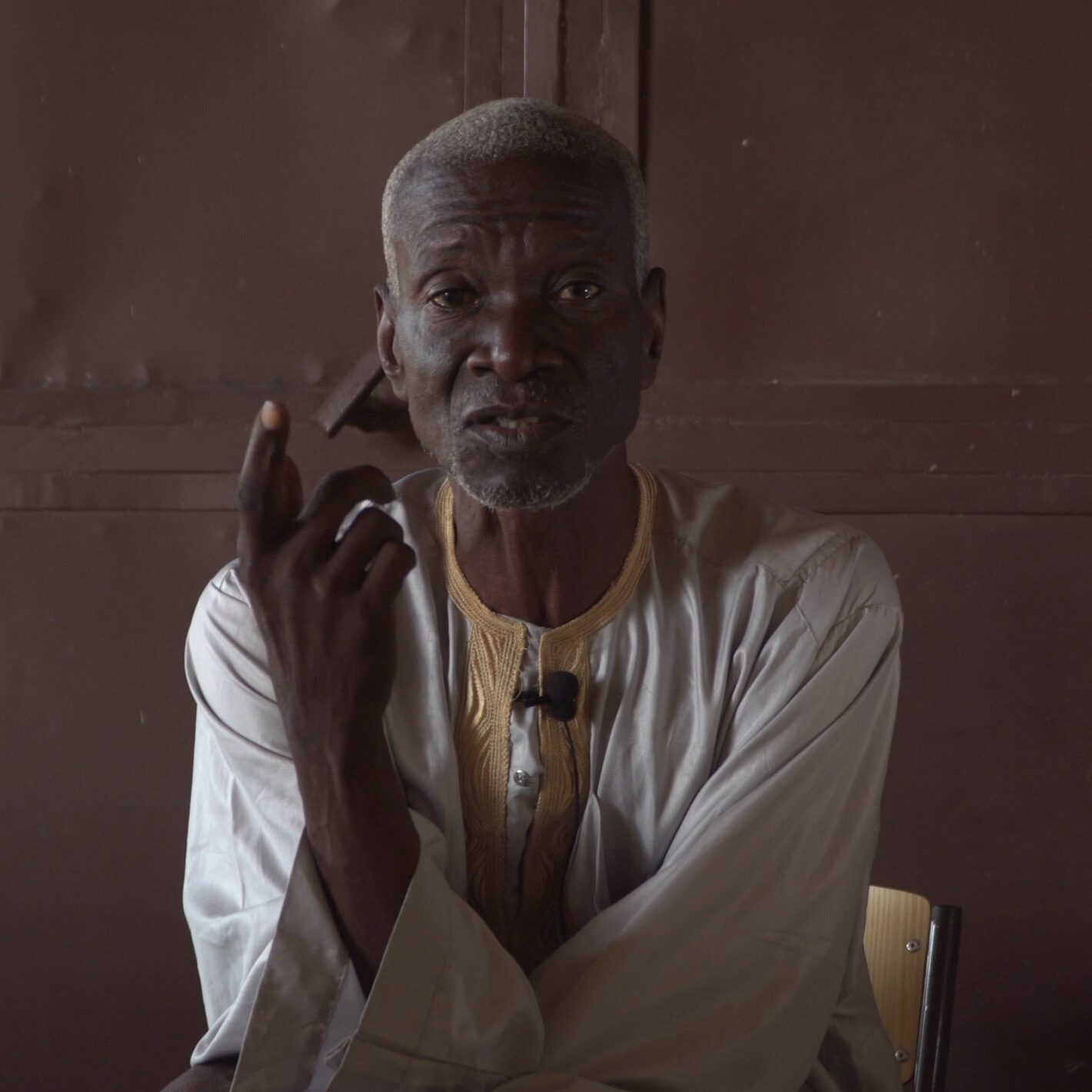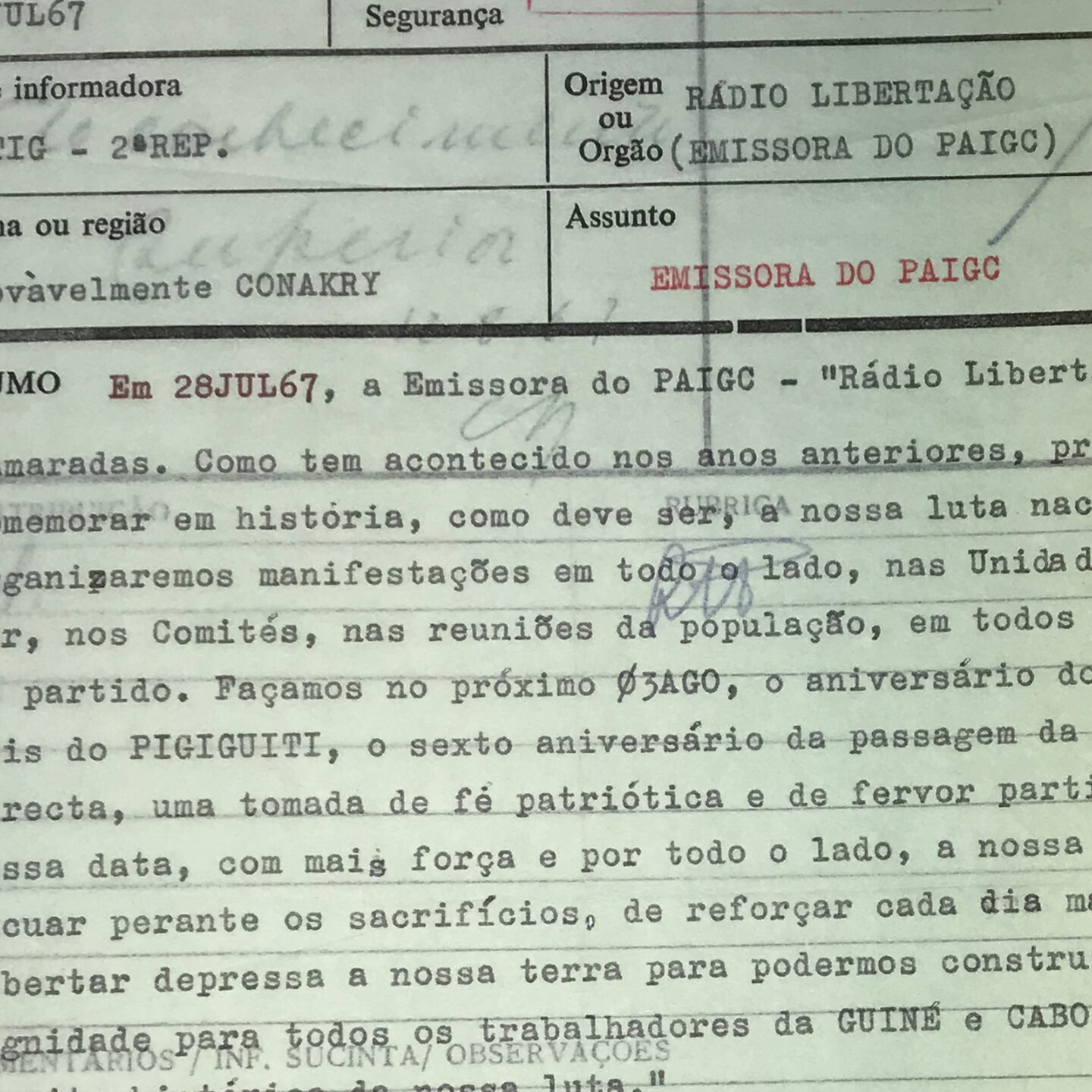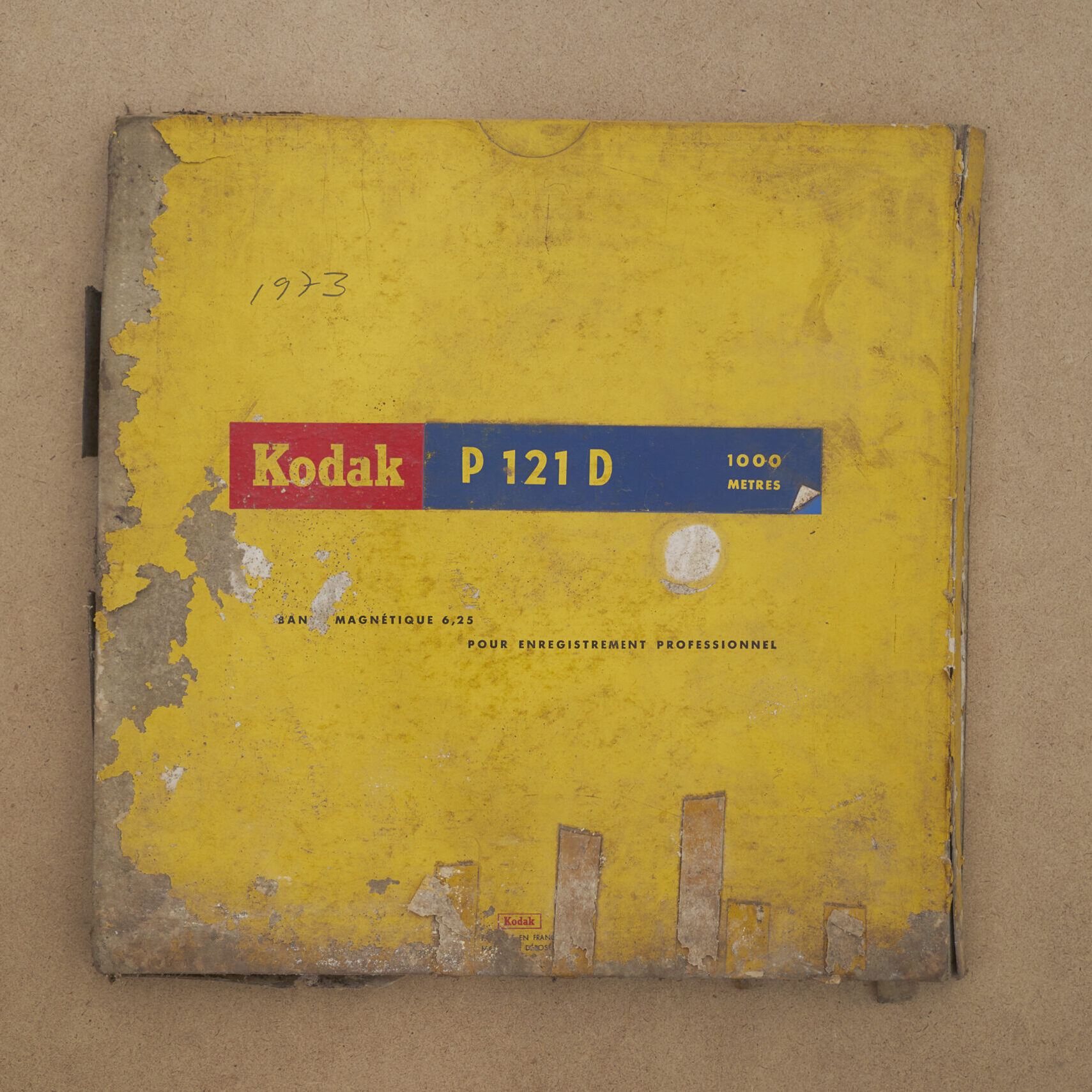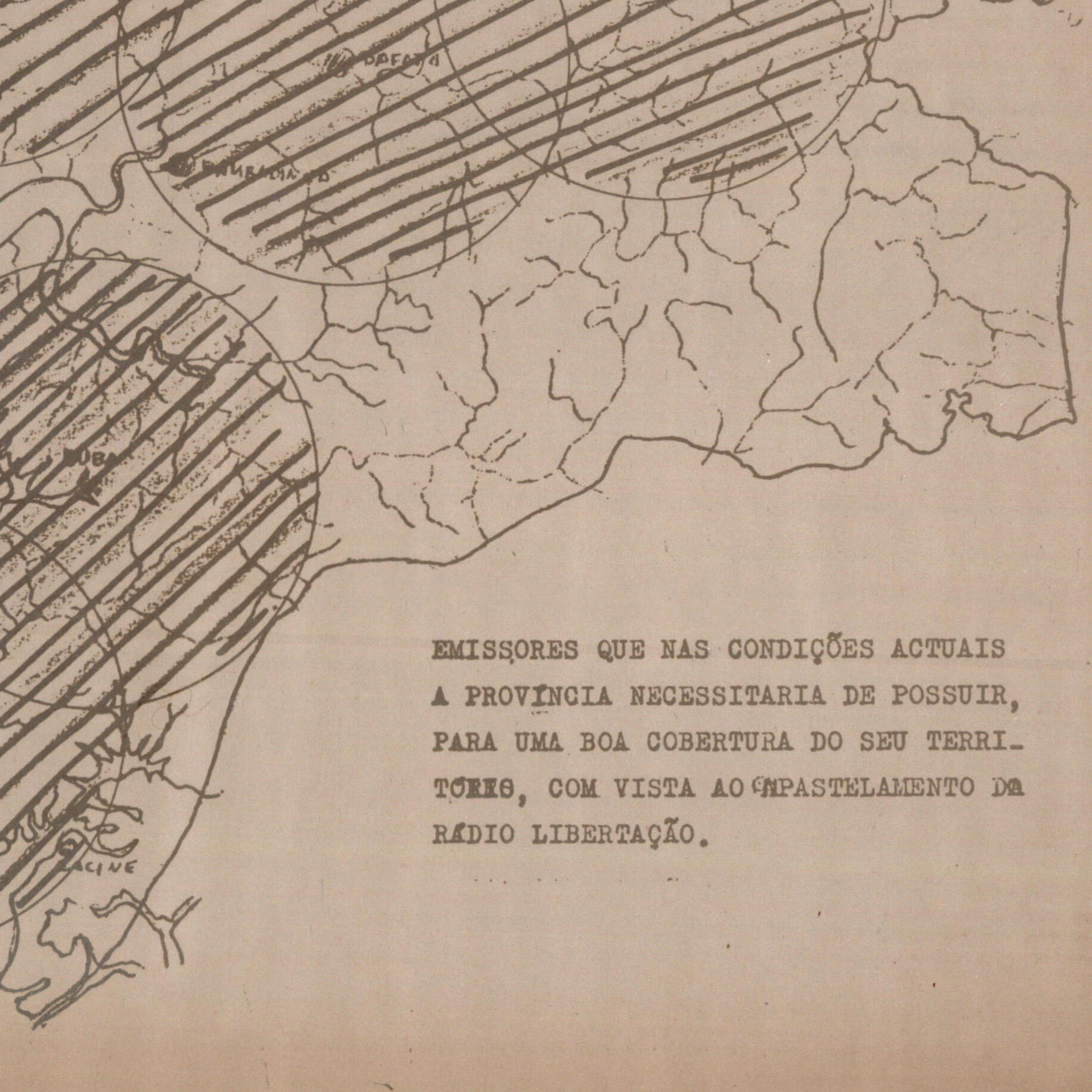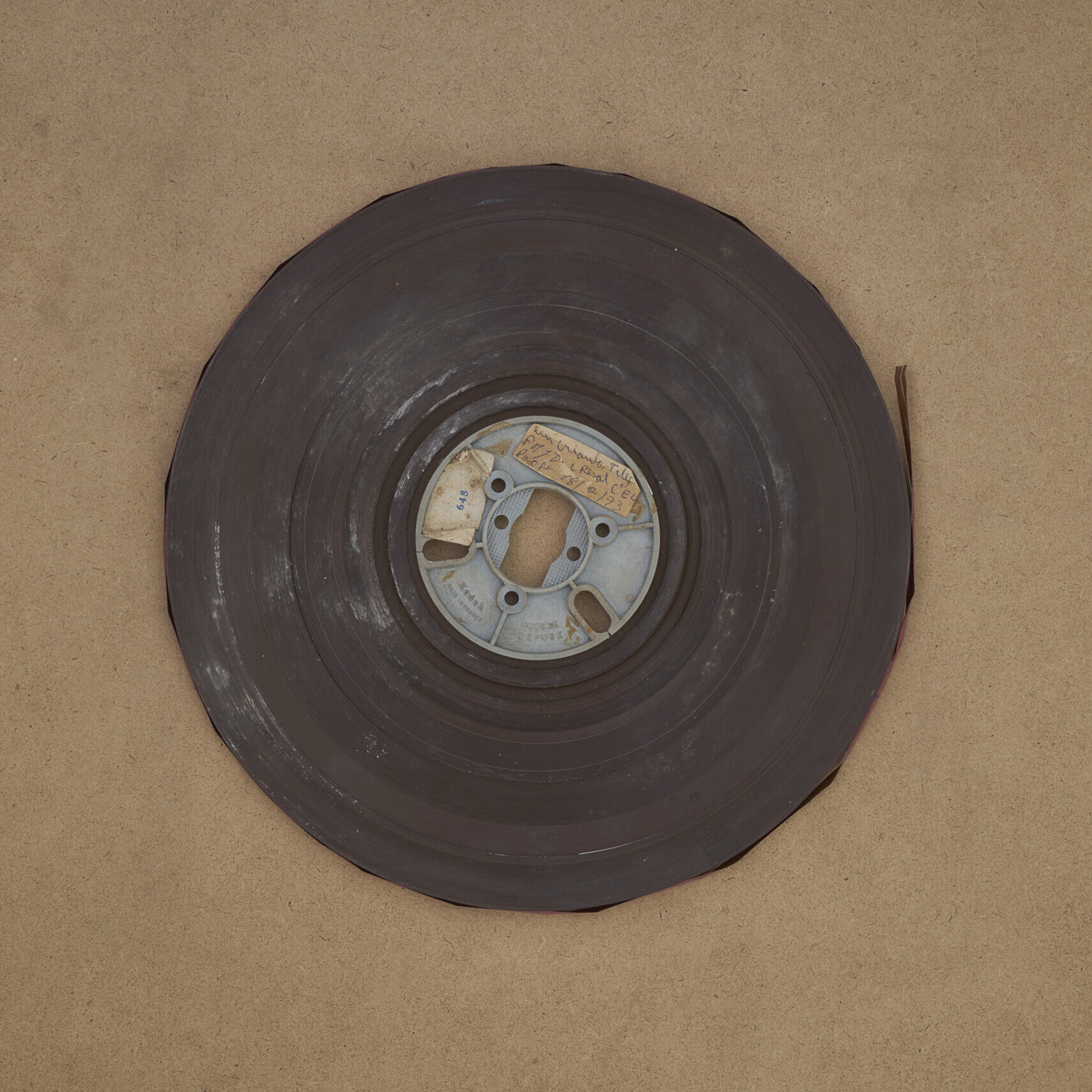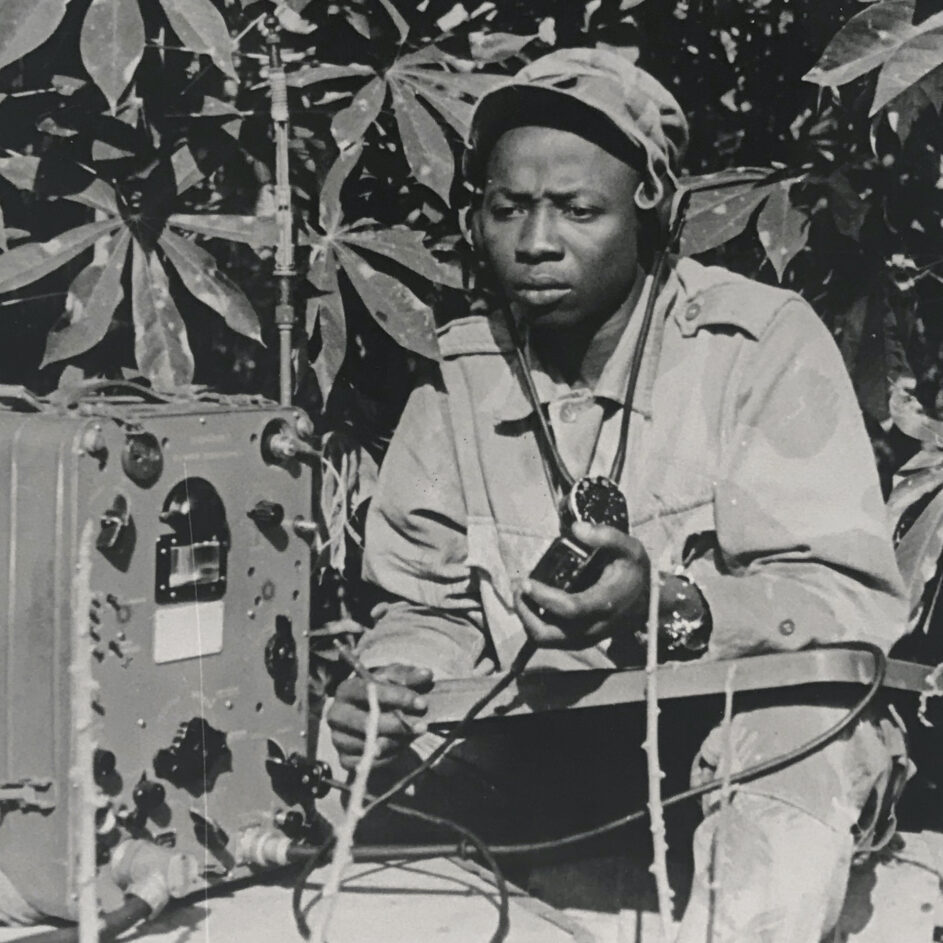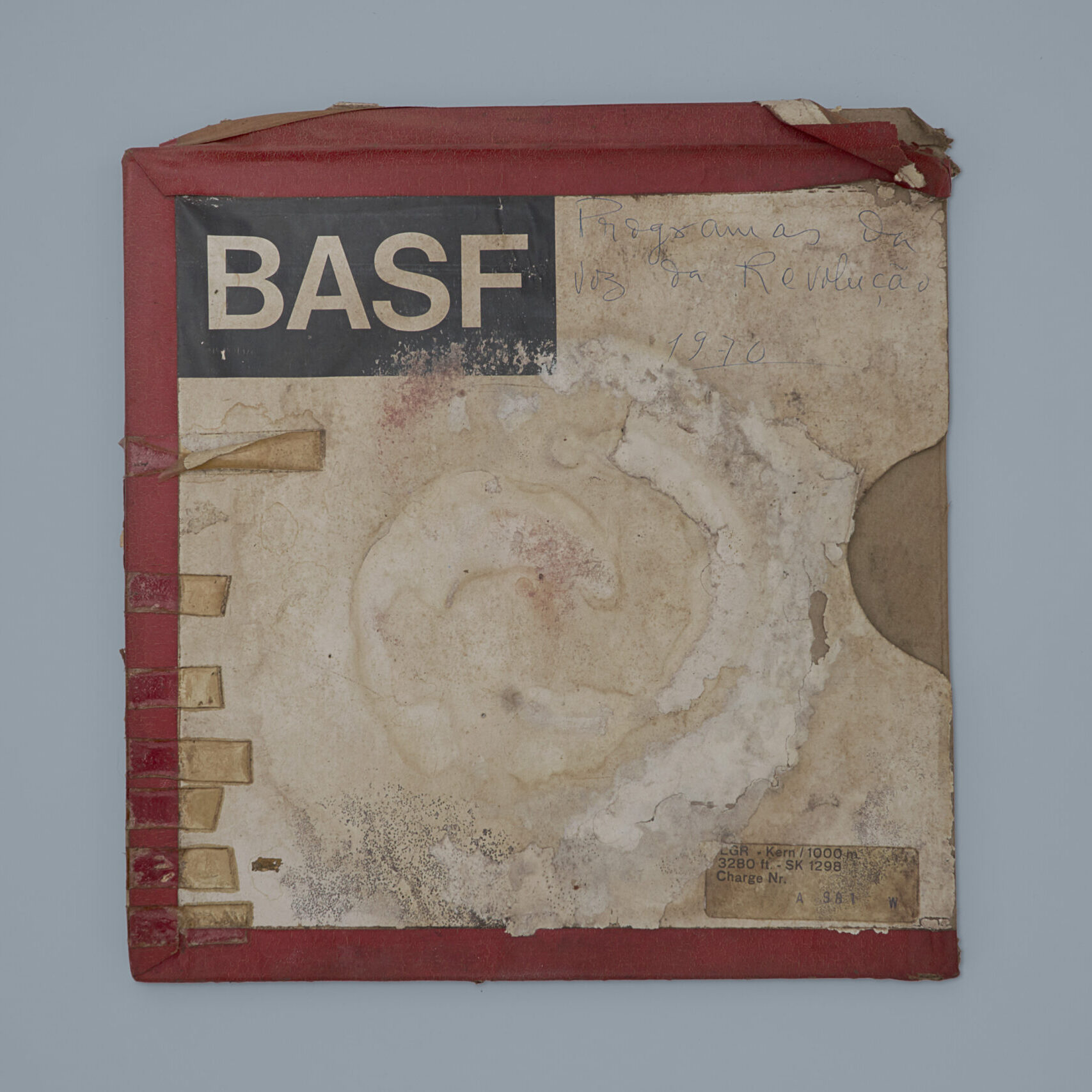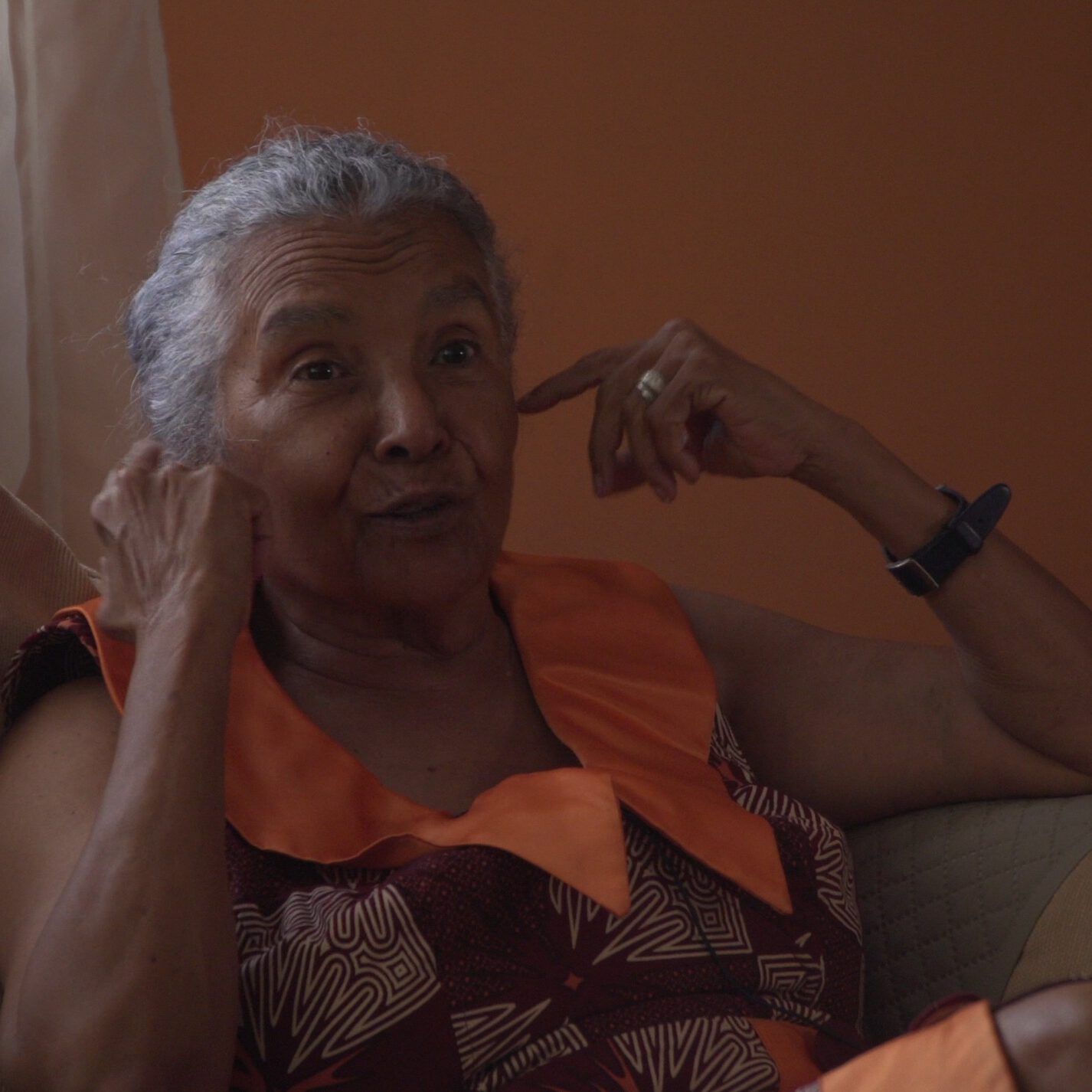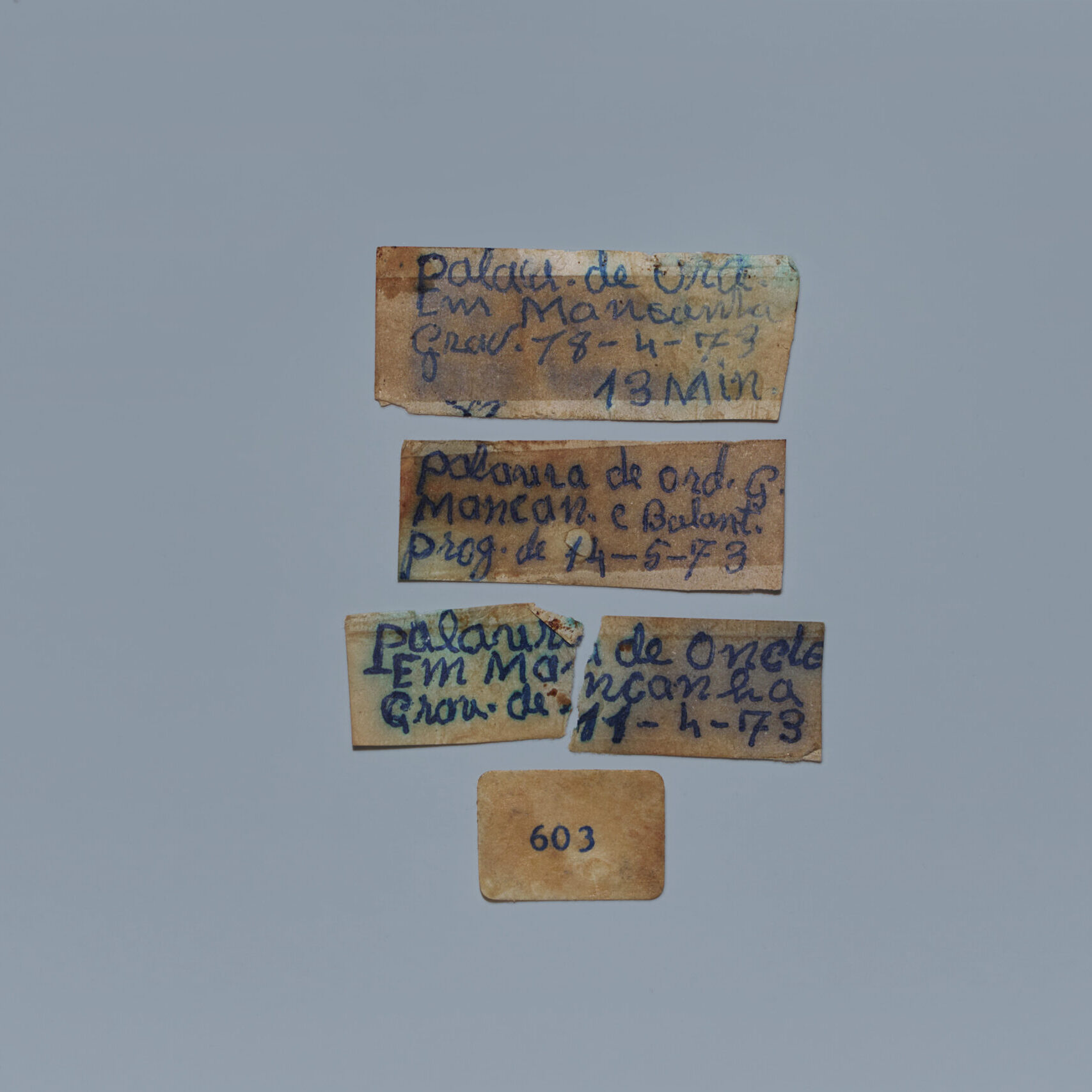Overview, 2016/2023
Listening Session 03
Amílcar Cabral (1974, posthumous): We should strive to promote our resistance on a large scale; this, too, constitutes an act of culture, utilising all available means at our disposal. This underscores why one of our Party’s most significant triumphs is embodied in Rádio Libertação, our newspaper, press, and information [services], both within and beyond our country. We are well aware of the strength and value held by our Party’s broadcaster, which conducts propaganda for our people. We must be able to improve it every day, as it stands as an indispensable element, a pivotal tool to our propaganda, to disseminate our resistance.
In 1964, the creation of Rádio Libertação, the broadcasting station of the African Party for the Independence of Guinea and Cape Verde accentuated the sonic contours of the anticolonial insurgency, and became an instrumental tool of its arsenal. Through its radio programmes, the broadcaster circulated crucial information for the Liberation Movement, and served as a platform for promoting the party’s ideology, and local artistic expression. By amplifying the sounds of the armed struggle, the broadcaster subverted the primacy maintained by the Official Broadcaster of Portuguese Guinea, and shaped an aurality, which
was distinct from the one fabricated by the coloniser. The recordings produced by Rádio Libertação are part of an African anticolonial archive. They originate from the time period of the armed conflict against Portuguese rule in Guinea-Bissau (1963-1974), and bear witness, at once, to militarised liberation and state-building. Furthermore, the recordings evidence a political-ideological alignment between sonic events as diverse as news reports and musical productions. Snatches of conversations, broadcastings, and songs tell about daily lives, political achievements, and individual motivations to defeat colonial yoke.
Salum Seidi, 2023: [Listening to Rádio Libertação] held significant value when we tuned in; it brought immense reassurance, acknowledging that the conflict wasn’t limited to our region but spanned across all corners of Guinea. The adversity we faced here was mirrored in other regions, and this realisation was profoundly gratifying. Even in moments of loss due to surprise attacks and the whites’ advantage, or when casualties occurred… Yet, the solace we found in listening to the radio, particularly in Joaquim Landim’s voice,uplifted us all, myself included.
The anticolonial sound archive
The act of listening to archival sounds allow us to learn about a certain sonic past. However, it does not disclose how the sounds were heard until the listeners of those days have their say.
The collections of colonial sound archives, as are the Phonogram-Archives in Berlin and Vienna, gather the recordings conducted by Western anthropologists. Contemporary decolonial endeavours aim at debunking Northern epistemologies that were enforced upon Southern sounds, and determined the ethnological structure of the colonial archive.
The act of listening to these collections requires that experiences of estrangement be counteracted, and autonomy be restituted to sounding subjects. However, an ongoing decolonial industry runs the risk of perpetuating prior Northern histories of sound archiving into centralising histories of listening.
The anticolonial sound archive contrasts with the these recordings: it bespeaks sounding and listening as collective, political endeavours rather than epistemological ones. In so being, re-listening to the anticolonial sound archive is
about conceiving of politics by means of sound.
The Bissau-Guinean sound archive points to sounding and listening routines as practices of military struggle, political contest, and social engagement. It demonstrates how broad-casting contributed to destabilise extant power relations, and, lastly, to overthrow Portuguese colonial rule. Although a lettered listening heeds to the contending forces capable of decolonising Western humanities, art practices, and curatorial methodologies, the anticolonial sound archive remains chiefly a profuse source
of sonic agency. Listeners of yore and of today are called upon to reevaluate their postcolonial ‘disappointments’ in face of the young African democracy.
The longterm project consists of the restoration of reel-to-reel tapes, moments of collective listening with Bissau-Guinean former activists, and reenactments of broadcasts with local actors.
Reel-to-reel tapes, 5 excerpts
Rádio Libertação, 1964-1974
Rádio Libertação, the broadcaster of the African Party for the Independence of Guinea and Cape Verde (PAIGC), accentuated the sonic contours of the anticolonial insurrection, and subverted the primacy held by the Official Broadcaster of Portuguese Guinea. Through its radio programmes of diverse kinds, Rádio Libertação not only broadcast on crucial issues for the Liberation Movement, such as updates from the warfronts, but also functioned as a platform for the dissemination of the party’s ideology. It was a fundamental element in the shaping of an aural environment, in which there was an amplification of anticolonial sounds, distinct from that which had until then been manufactured by existing media controlled by the coloniser.
Digitisation and cataloguing
The ongoing restoration project aims at the digitisation and cataloguing of 80 reel-to-reel tapes from the sound archives of the National Radio Broadcaster of Guinea-Bissau. Most of these tapes pertain to the last five years of the Liberation Movement (1963-1974), and include broadcasts, speeches, and music recordings. The digitisation work is made possible by KNMDI – Conservation of New Media and Digital Information (study programme) – State Academy of Fine Arts Stuttgart. Special thanks to Nadja Wallaszkovits. Following the digitisation, listening sessions of the archival recordings will be conducted with Bissau-Guinean former fighters, and activists (Winter 22/23).
Excerpts
。The PAIGC and its history, undated
Programme on the occasion of the 25th anniversary of the PAIGC
。Translations of Luiz Cabral’s message. Fula, Mankanya, Balanta, 1974
Rádio Libertação, various days
。Programme to the Portuguese Soldier, 1974
Rádio Libertação, various days
。Editorials and commentaries, 1974
Rádio Libertação, various days
。Songs of Escola Piloto, undated
Various songs sung by children
Refrain: ‘Guinea and Cape Verde will expel the whites.
Anticolonial Quotations, Edited
Anticolonial Quotations, Edited
Accounts on the Bissau-Guinean Liberation Movement against Portuguese colonial rule add up to an embodied, shared archive, and may be referenced in contemporary musical productions. In the song Nani No, Elsa Ferreira sings of a mother who agonises over being her village’s only survivor of a military raid. The grieving voice contrasts with the perseverance recounted by Brinsa Nassentche, Nhima Turé, Segunda Lopes, and Tchadi Sambu, and points out to uncertainties amidst anticolonial fortitude. Reactivating such memories by means of sonic acts shifts modes of listening from their original militancy to epistemic responsibility. Yet, while a lettered listening heeds to the contending forces capable of decolonising western humanities, the anticolonial sound archive remains chiefly a profuse source of sonic agency.
Brinsa Nassentche
Nhima Turé
Segunda Lopes
Tchadi Sambu
Nani No
song by Elsa Ferreira
Choir voices
Alcídia Gomes, Cadi Cissé, Cadi Fati, Chiquinho Gomes, Claudina Gomes, Dauda Turé,
Domsil da Silva, Edilta da Silva, Marcelino Injira,
Toia Gomes, Virgínia Biaguê
Camera
António Castelo, Domingos Sancá
Sound
António Castelo
Archival photograph
Amílcar Cabral, Francisca Pereira
unknown photographer, private archive of Francisca Pereira
Location
National Institute of Cinema and Audiovisual
Interpreters
Dionísia Intchala, Toia Gomes
Transcription Creole
Idalina de Barros
Translation Creole/Portuguese
Bernardo Neto
Translation Portuguese/English
David Wild, Rui Vilela
Editing, Colour correction
Rui Vilela
Production
Toia Gomes, Rui Vilela
Woodwork
Danilson Na Cubana
With the kind support of
Theatre Group of the Oppressed of Bissau
Projeto Fórum de Paz, Bissau
Made possible by
Berlin Senate Department for Culture and Europe, Calouste Gulbenkian Foundation
